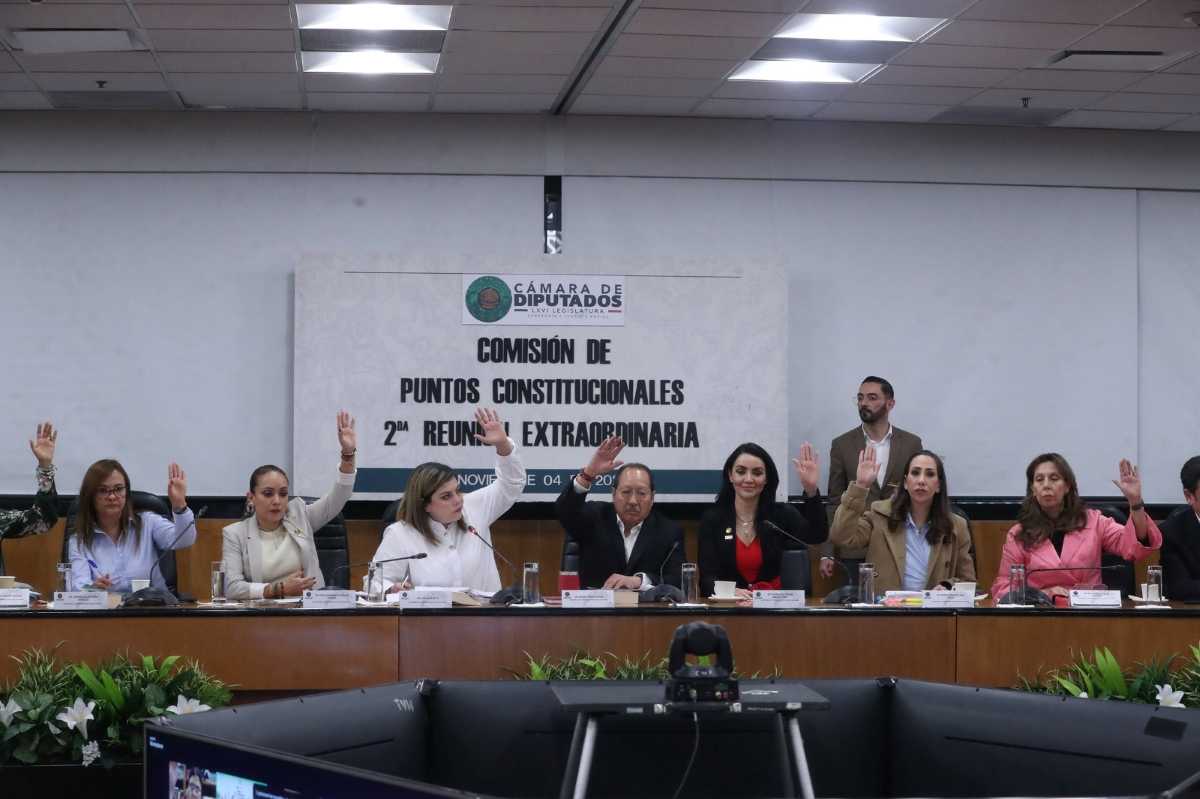38-0 Vote Paves Way for Gender Parity and Equal Pay
Mexico's Constitutional Points Commission unanimously approved a major reform strengthening women's rights and gender equality. The changes mandate equal pay and protection from violence, gender parity in government appointments.

The Constitutional Points Commission, chaired by Deputy Leonel Godoy Rangel of the Morena party, has unanimously approved a landmark constitutional reform bill. The decision came during the commission’s second extraordinary meeting, which was held in a semi-presential format, with all 38 members casting their votes in favor of the proposal. This reform represents a sweeping attempt to enshrine principles of substantive equality, gender perspective, and women's rights into the nation’s legal framework.
The reform touches upon several key articles of the Political Constitution, reflecting the ambitious scope of the legislative effort. It revises Articles 4, 21, 41, 73, 116, 122, and 123, while adding critical new provisions aimed at addressing long-standing gender disparities. The legislation underscores the Mexican state’s responsibility to ensure substantive equality and the right of every individual, especially women, to live free from violence. Furthermore, it emphasizes the need to eliminate the gender pay gap and mandates the use of a gender perspective in public security and governance.




